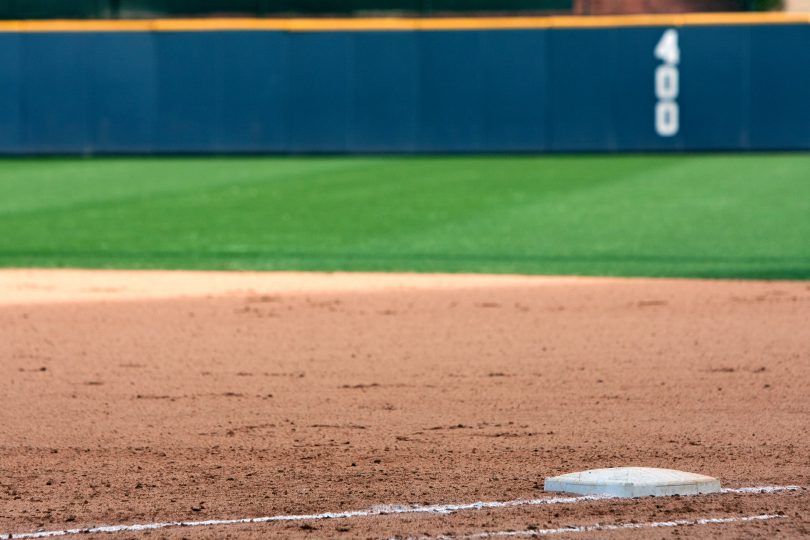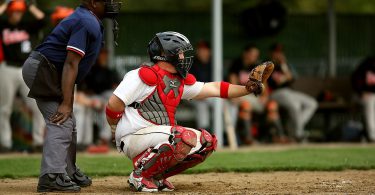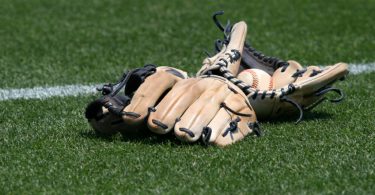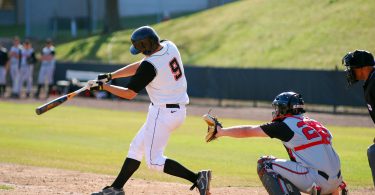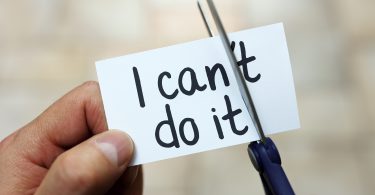During normal years, collegiate summer ball has a totally different vibe to it than the spring school season. During the school year, most teams play to win and coaches make decisions with keeping their jobs in mind. While many summer baseball programs take their games seriously and experience great success, a more laid back atmosphere paired with young and hungry assistants who are ready to help players put in work lends itself to player development. When players leave their college campuses for the summer, their goal is to come back a better player in the fall than they were when they left. Summer ball can be a great way to improve players’ skills. However, if players only focus on games without dedicating time to improving their baseball skills outside of game play, it’s unlikely they will develop as much as they could. Here’s what the college players who get the most out of summer ball do, and luckily, the same things can apply to high school baseball!
First, in order to improve, you need to know what skills or weaknesses you should work on. Most college programs have “exit meetings.” Players meet one-on-one with their coaches to discuss their performance during the past season, and look for ways to improve moving forward. If your high school program doesn’t have these meetings or they didn’t happen this year due to COVID-19, ask your coach if you can set one up. After your exit meeting and some self-reflection, you should have a good idea about what you need to improve on as a player. It may be hard to hear someone talk about your weaknesses, but accepting constructive criticism will give you a plan for improvement moving forward and make you a better player! At the very least, do a post-season self-evaluation. Click here to learn about what that is and why you need to do it!
Once you know the things you need to focus on, the next step is formulating a plan that allows you to improve but also takes into account your summer playing schedule. The plan needs to be effective, but also reasonable. Some summer ball teams play games every day, and the amount of stress this puts on your body needs to be taken into account.
Let’s use an example to help illustrate this point. If your coach wants you to come back hitting for more power but you play games every day, having a plan of taking 300 swings and lifting everyday may not be the most effective way to go about achieving your power goals. You will end up getting tired and your swing will revert to its old ways, simply making you more frustrated.
An efficient way to work on becoming a better power hitter would be to work with your coach to set up a weight program where you work out 3-4 times a week, giving your body the proper amount of time to recover. In the cages, instead of taking 300 swings, you can talk to your coach about working through the drills you like and taking a more appropriate number of swings with the proper intent. This will leave you fresh enough for the games where you can continue working on your goal of adding power to your game.
In the games, you can track the pitches you swing at. After each at bat, you can make a quick note of the pitch you swung at, the location, and if you made solid contact with it in a journal. Once you start tracking this information, you will start to see trends in the pitches you hit hard, and can start looking for and swinging only at those pitches early in the count.
You do not have to go about working on your goals alone. Many summer coaches sole objective and reason for coaching summer ball is to help you to improve. It’s likely they will gladly help you work through your plan. Showing your summer coach your plan will actually help them a lot when coaching you. They will now know exactly what you want to work on and can help look for those things during games.
Even with recruiting returning to pre-pandemic levels this summer, you still have a great opportunity to really focus on improving your strength and your skills before you go back to school. However, it takes concentrated work on your part to get the most out of it. Learn from the most successful college players and work with your coach to put together a personal development plan based on your goals and factoring in the other demands on your game. Use our articles on goal setting and holding yourself to a high standard to help and get to work!

